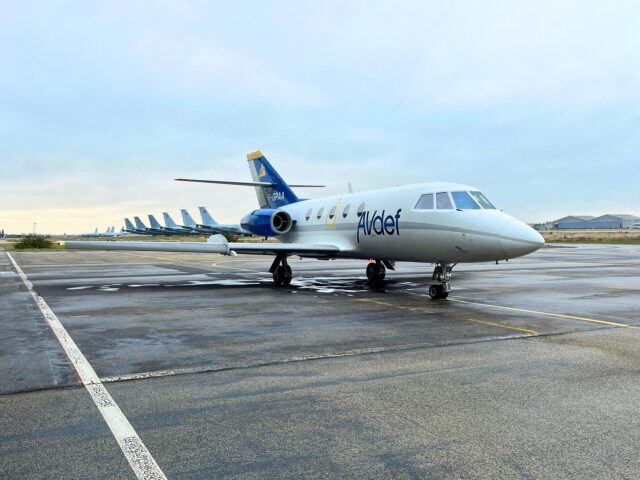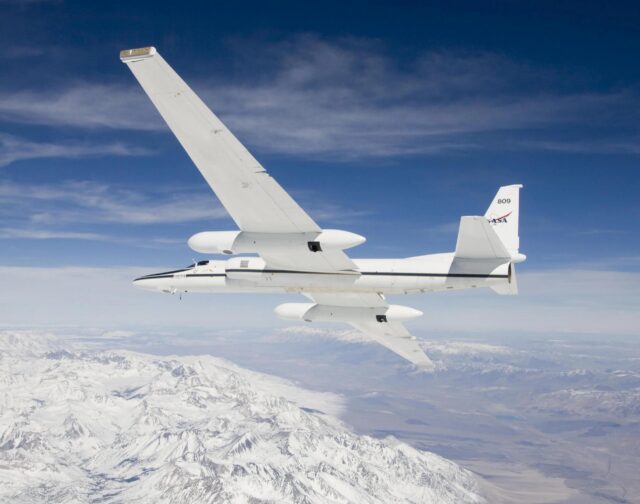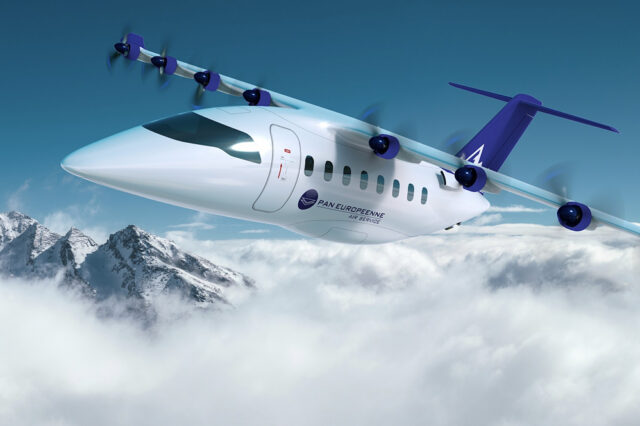
Airbus has unveiled its 2035+ Airspace Cabin Vision with sustainable features and changes to passenger experience that the company says will help reduce carbon emissions.
The project has been co-created with 10 airlines and eight technology companies, including large corporations and startups.
Stan Shparberg, head of marketing Airbus Commercial Aircraft and Ingo Wuggetzer, head of cabin marketing, shared insights into how rethinking the cabin was pushing Airbus to achieve industry-wide goals of decarbonising aviation by 2050.
Personalised services
The proposed changes to cabin designs would include more personalised services, enhanced atmosphere, increased used and integration of smart devices, and seat innovations.
Inflight meals is one area where Airbus sees a major shakeup helping to lower emissions.
This includes food pre ordering with a ‘pick at the gate’ box for short range flights.
For long range flights, the company suggests passengers may choose their menu out of wide selection which would then be delivered personalised by crew with a smart trolley.
Airbus said this would lead to a 15% waste/weight reduction and a 35% trolley reduction thanks to the new stowage concept.
Bionic designs
The OEM said in a statement: “One of the biggest levers in the cabin for reducing emissions is lightweight solutions.
“Creating lighter, bionic designs will help reduce cabin weight by up to 40% and new catering concepts like pre-ordering your meal on longhaul flights, or picking up your snack at the boarding gate for short haul, could help reduce food waste and weight by up to 15%. Digitisation will be crucial in enabling new catering concepts to come to life.
“As the world shifts to a more circular economy, empowered by the End to End digitalised data transparency, we are rethinking the materials used inside the cabin so they’re able to be recycled, reused and repaired during their lifecycle is also a key part of the 2035+ vision. Cabin lining and components will be developed for current aircraft using new materials and a complete introduction of these will be rolled out with the next generation aircraft.”
Energy transformation roadmap
Airbus has already published its energy transformation roadmap applicable to all of its aerospace solutions.
The roadmap includes a range of energy-related technologies such as incremental improvements with Sustainable Aviation Fuel (SAF), new hybrid-electric engine design and future electric flight.
Last year Airbus performed a first A380 flight powered by 100% SAF.
Increasing the use of SAF remains a key pathway to achieving the industry’s ambition of net-zero carbon emissions by 2050. Key statistics outlined in the Waypoint 2050 report indicate that SAF could contribute between 53% and 71% of required carbon reductions.
All Airbus aircraft are currently certified to fly with up to a 50% blend of SAF mixed with kerosene. The aim is to achieve certification of 100% SAF by the end of this decade.
Image: Airbus
Subscribe to the FINN weekly newsletter
















